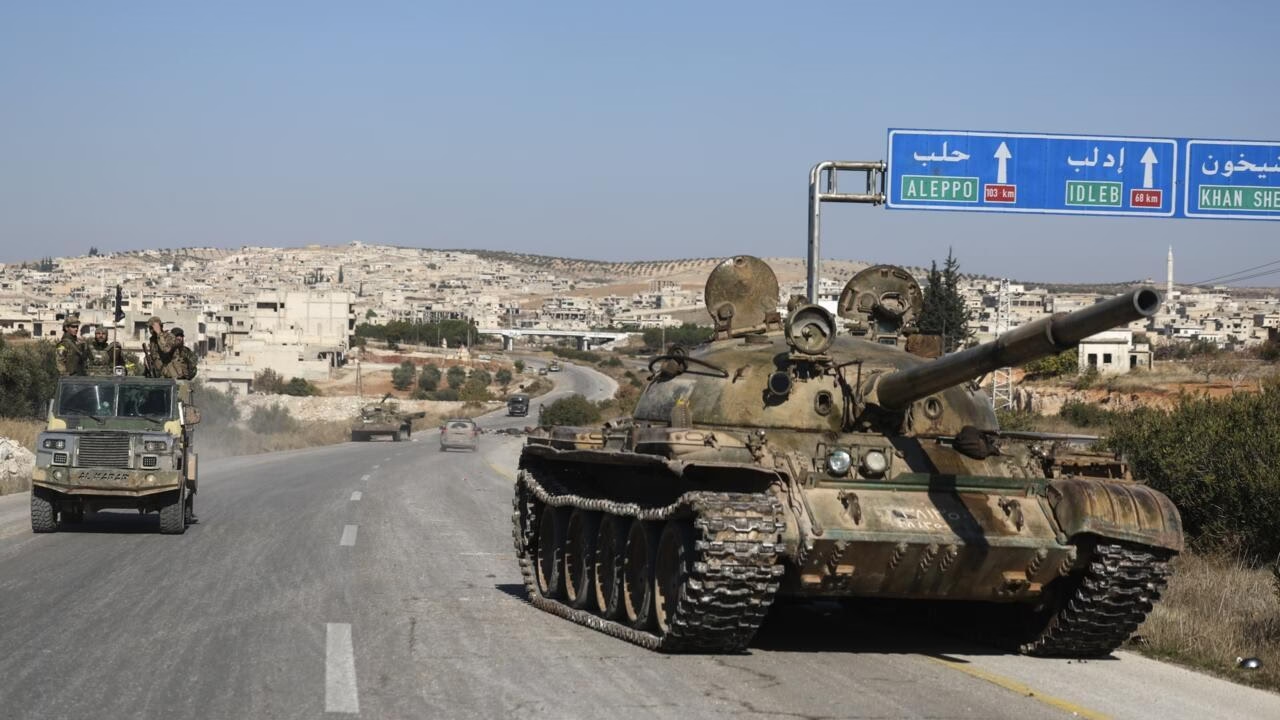Twenty-three-year-old Syrian military conscript Farhan al-Khouli’s story highlights the deteriorating state of the Syrian army. Stationed at an outpost near rebel-held Idlib, Khouli served in a unit of just three soldiers instead of nine, as many had bribed officers to avoid duty. One of his fellow soldiers was deemed mentally unfit and denied a weapon.
On November 27, when warned by his commanding officer of an approaching rebel convoy, Khouli ignored the order to fight. Instead, he switched his phone to airplane mode, changed into civilian clothes, dropped his rifle, and fled. His defection triggered a mass retreat, with other soldiers abandoning their posts and weapons.
In less than two weeks, the Islamist rebels of Hayat Tahrir al-Sham (HTS) swept into Damascus, toppling President Bashar al-Assad and ending a 13-year civil war that claimed hundreds of thousands of lives.
Sources—including army deserters, senior officers, and militia commanders—revealed to Reuters how corruption, poor pay, reliance on Iranian and Hezbollah forces, and systemic demoralization hollowed out Assad’s army. Israeli airstrikes earlier in 2024 forced Iranian advisors to withdraw, crippling the army’s operational command. The subsequent exit of Hezbollah fighters left Syrian forces without leadership or strategy.
The swift fall of Aleppo on November 29 and the subsequent collapse of Damascus marked the culmination of years of decay within the Syrian military, where bribery, dwindling numbers, and resentment toward Assad’s regime eroded any will to fight.



